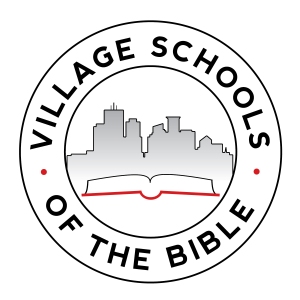Hello, my friend. We are moving these days into a strange period of history where ancient truths are being questioned, historic morality is being flaunted, national leadership is being eroded and personal convictions are being softened by the world squeezing us subtly but relentlessly into its own mold. It used to be that, in general, we could agree with that simple phrase on every coin, “In God we Trust”, but that day is gone. Now people’s trust is more often in the power of money, or political influence or social acceptability, instead of trusting in God, the source of guidance for personal, social, domestic and professional behavior.
PSALM 10 is our reading for the day, and I’m sure, if you have pondered it, that you sense the Psalmist’s despair over the situation that prevailed in his world which is so prevalent in our own. He lamented over people who seduce the weaker (the more vulnerable) in schemes which he has devised (vs.2). These people boast in the pleasures, the cravings of the heart, and greed (vs.3). And he grieves, as he writes in vs. 4, “In his pride, the wicked does not seek the Lord; in all his thoughts there is no room for God.” This is an amazing statement, saying that the man who does not seek God is in fact a wicked person, and the result of this neglect will be that in all his thoughts there is no room for God.
We saw in chapter 9, vs. 10, that the Lord “has never forsaken those who seek Him.” And here in Psalm 10, vs. 5, we see that giving God no place in ones thoughts will make one proud, seemingly successful, haughty, sneering to oneself, “Nothing will shake me; I’ll always be happy and never have trouble. And he says, in vs. 11, “God has forgotten; he is blind, he never sees what I am doing.”
Have you ever felt like this? Read Psalm 73, if you have the time, a Psalm written by another person called Asaph, who is also bewildered by the arrogant, the prosperity of the wicked, who not only mock God but refuse to pay any attention to Him and seem to get away with it. We will see the solution to his bewilderment when we read Psalm 73, vss.17, 18.
Here in Psalm 10, we are blessed to hear David, the Psalmist, say in vs. 17, “You hear, O Lord, the cry of the afflicted; you encourage them and you listen to their cry.” Here we find this precious word “encourage” for the first time in the Psalms. Remember in Joshua 1:9, “Be strong and courageous. Do not be terrified; do not be discouraged for the Lord your God will be with you wherever you go.” This is the source of encouragement, in the midst of our questions, the Lord is with us. And that is true prosperity.
“Thank you, Lord Jesus, for this stirring description of the times in which we live and the promise that in them you will be our encouragement. Thank you, Lord, that you are with us all, around the world.” Cheerio!

